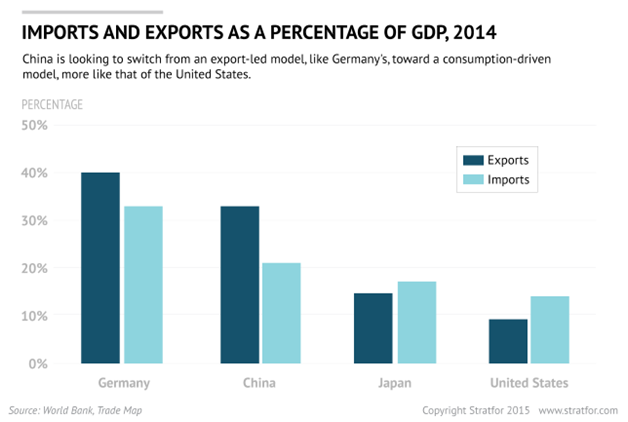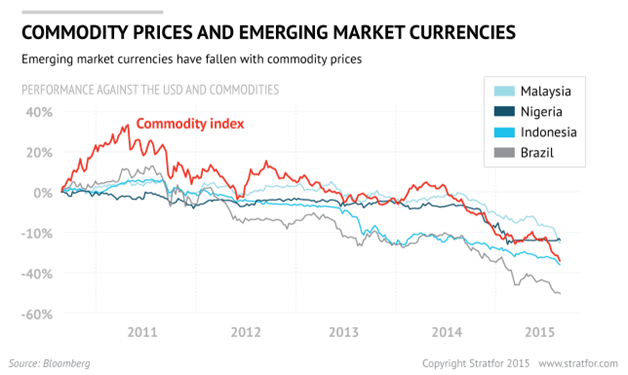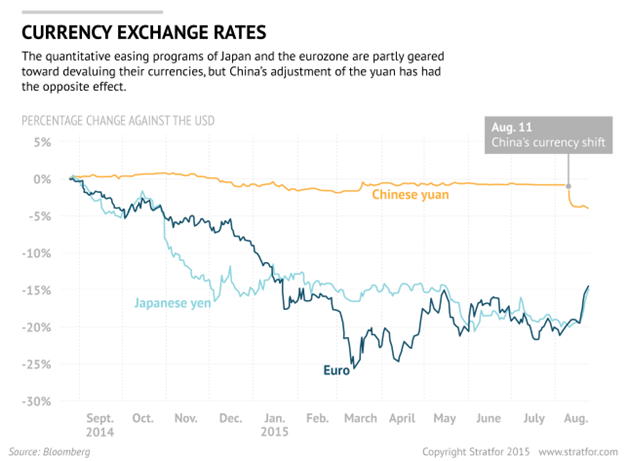This Americanization Process (AP) works because the U.S. is a resource rich country providing bountiful opportunities for immigrants to pursue a good life. The seemingly abstract Americanization process perhaps can be related to the concept – ‘American Exceptionalism’. American Exceptionalism is not just patriotism or about number of Olympic medals won or Hollywood stars who are Americans. AP binds Americans together and makes them feel exceptional, righteous and patriotic (not nationalistic) when they believe in the U.S. political system and their country being exceptional. On the other hand, Americans become alienated when they are confused or lied to by their government (often through mass media) or when they are discriminated in a bigotry way making them no longer feel exceptional. This nation building process is unique and hard-to-describe because it is difficult to pin down a clear causality principle (more circular) between American Exceptionalism and Americanization Process. One may say that Americanization is a process fueled by American Exceptionalism and in turn making Americans feeling Exceptional, contributing to American Exceptionalism. It doesn’t matter which is chicken or egg, so long as no bigotry to destroy them both.
The above paragraphs pave the way for discussing how Americans feel about the US foreign policies; in particular, the important US-China relation as China is rising as the largest economy. For Chinese Americans, they have a stronger cultural and heritage bond with the history and current state of China; they naturally pay more attention to what the media report and what the government is doing regarding the U.S.-China relation. Because of their understanding of ‘Chinese’, they are more sensitive and more critical to the U.S. foreign policy towards China, more than Americans with no such background. The Chinese Americans are growing in number in the American population (1.2% by 2010 census, approximately 3.8 million, 4 million by Pew study), but the mass media seem to pay little attention to their feelings, sensitivities and criticisms on the issue of the current U.S.-China policy. Few opinions of Chinese Americans get published in the mass media is a clear indicator. Post 1965 (removing some restrictions on Chinese migrants to the U.S.), Chinese immigrants are predominantly educated and skilled, coming from the pool of foreign students in the U.S. higher education and the source of employer-sponsored H1 visa holders. These educated and skilled Chinese immigrants have far more to contribute beyond American economy, particularly in shaping the US-China relation.
In the U.S. mass media, there are two prevailing themes driving the U.S.-China relation, neither seems to be well grounded with facts or sound assumptions. Especially unfair is that the mass media pays little attention to the Chinese Americans’ (different) views, feelings and beliefs. The first theme is the "China Threat" which basically targets China as the enemy of the United States. Coming with this theme is a strategy of aligning China's neighbors, as military allies to contain China's rise as a developing country. The second theme is the "Dooms Day" which paints a degenerate and malfunctioning Chinese government doing everything wrong from pollution, housing-infrastructure bubble, and economic policies to her foreign relations. Predicted by the second theme is a phenomenon spelling a dooms day for China in a decade or sooner. These two themes are fundamentally contradictory to each other. If China's government were doing so badly to its country and people how could she pose any threat to the U.S. a few thousand miles away? If China were to collapse in a decade or so why should the U.S. go through an elaborate effort to align half of the world to fight against China? These contradicting themes not only puzzle the Chinese Americans (who remember very well a little more than one hundred years ago, eight foreign countries including the U.S. and Japan were ganging together to divide up China), but also bother any right-minded US citizens or any of its migrant groups – what is the US-China policy really leading up to? A serious consequential issue every American (citizens and leaders) should ponder is: Would the US-China policy festered under the two contradicting themes destroy the American Exceptionalism which bonds all American immigrants (including Chinese Americans) to keep the U.S. being exceptional.
China had a treacherous path fighting Western powers trying to establish a republic nation. New to foreign political ideology, China was divided but vowed to unite while experimenting with capitalism, communism and any –ism suitable for China. China’s founding father, Sun Yat Sen, (respected by all Chinese) had written a guide book (The Three Principles of the People) for constructing a modern China through a gradual experimental process to achieve a successful Republic. At the end of WW II, KMT retreated to Taiwan and CCP took over the mainland, but each wanted a united China. The Mainland China, facing a no-win choice of having Soviet troops coming through China and stationing on her border to control another puppet state (the communist North Korea) or the US army establishing a satellite nation and a US military base on her front door, was coerced into the Korean War. Mao took a crazy bet and caused a Chinese casualty of over 150,000 dead and over 250000 wounded. Mainland China’s experiment with communism had multiple failures far from any glorious success, her pulling out of Vietnam War and departure from the Soviet communism was the clear testimony. By playing a China card, the U.S. ended the Vietnam War with Mainland China’s influence. The U.S. policy switch of accepting only one China, abandoning KMT’s claim of independence and the whole China, opening up to Mainland China and letting her into the world economic system was the winning strategy not only quickened the ending of the Vietnam War but in the long run isolated and collapsed the Soviet Union and won the Cold War – A success story of leveraging China against the Soviet Union. Since the collapse of the Soviet Union, China has risen from a poor third world country to a rapidly developing nation. What on earth is the logic for targeting China as the enemy now (in view of the post Cold War Russia behavior), just because her economy has become the largest? Ironically, Qing Dynasty had the world’s largest economy but no military strength, Qing was carved to pieces by the Western powers and diminished. Owing to Japan’s extreme greed of wanting all of China for Japan herself, her six month war/victory plan became eight years of Sino-Japan War and eventually China would defeat Japan, with or without the American atomic bomb. No matter which party (CCP, KMT, DPP or others) is experimenting with what kind of ideology and government system, the Chinese people has one dream – a peaceful reunification and a stable government to provide a prosperous future. People with that kind of dream should not be targeted as the enemy of the United States! When the Chinese leader, Xi Jin-Ping, who is dedicated to fulfill the Chinese dream, visits the U.S., let us hope the mainstream media keep an open mind to observe and report and let the American Exceptionalism shine!



 RSS Feed
RSS Feed